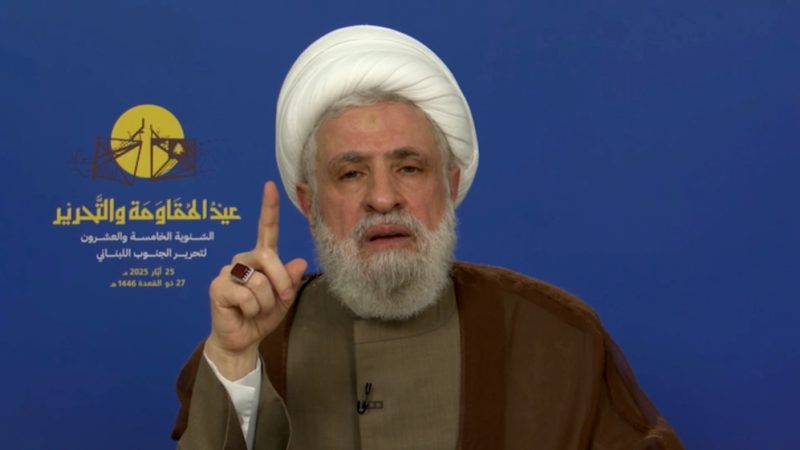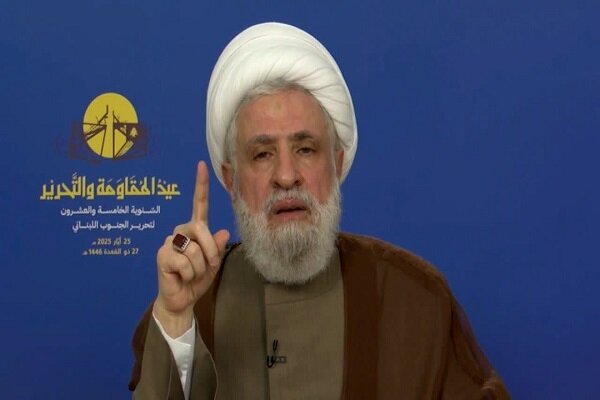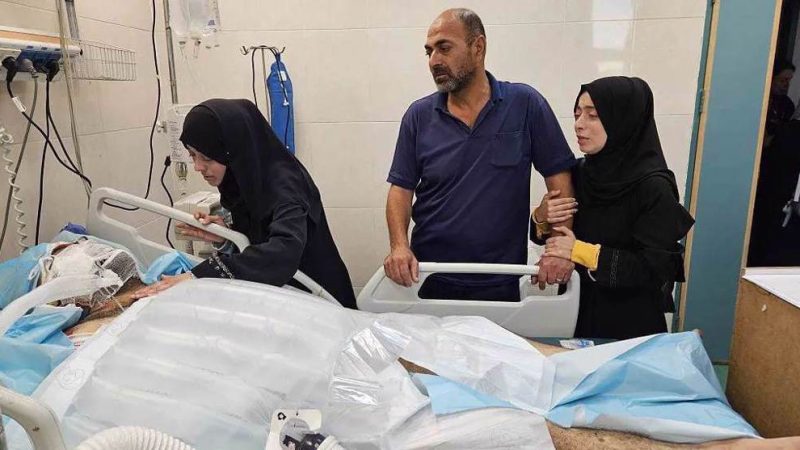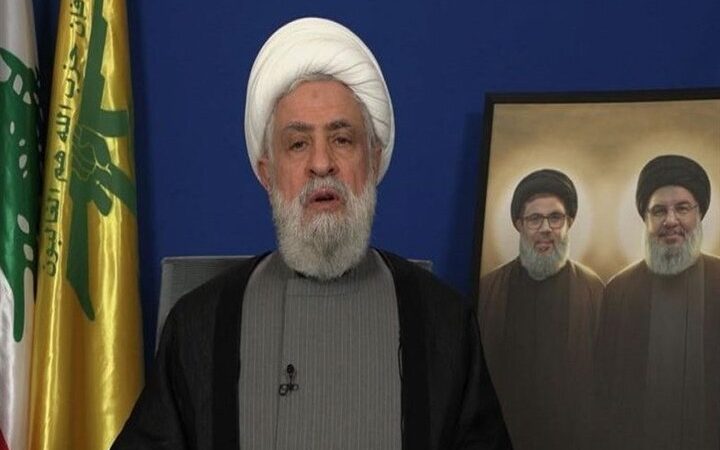A light extinguished: The story of a Palestinian journalist killed with her dream
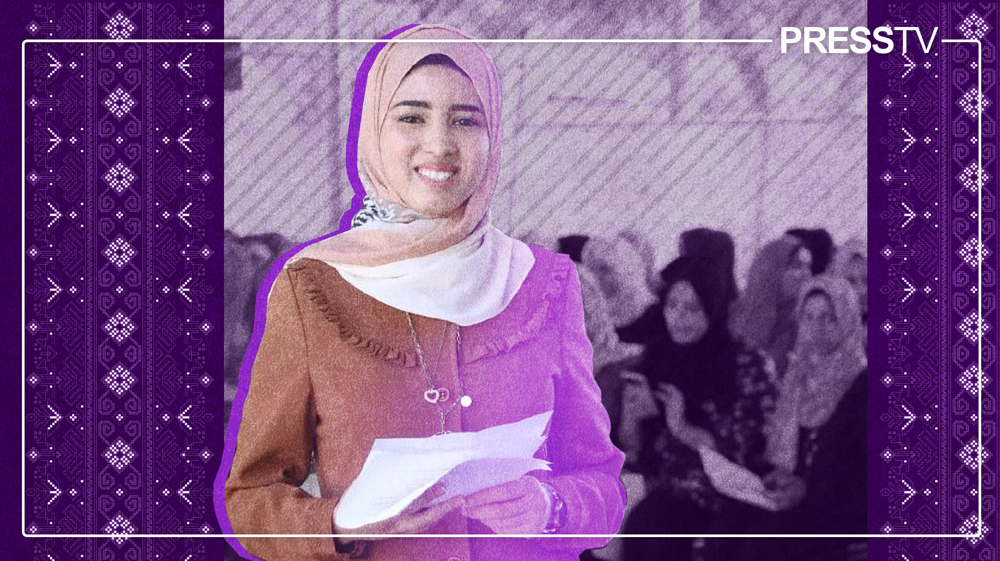
By Palestinian Journalists’ Protection Center
On May 15, Palestinian journalist Nour Qandeel wrote a Facebook post saying: “If I am martyred, I am not just a number, okay? Talk about me a lot, convey my voice, my ambition, and my dream after I’m gone.”
Just three days later, nothing remained of Nour but a photograph, farewell words, and the rubble of a home flattened to the ground, covering her body, that of her husband, journalist Khaled Abu Shanab (31), and their daughter, Ayloul, who had not yet completed her first year.
The bombing was part of an escalating wave of the Israeli regime’s genocidal war, targeting journalists in Gaza, reopening discussions about international accountability amidst the silence of major organizations.
Nour, a graduate of Journalism and Media from Al-Aqsa University in 2020, had no stable employment opportunities in local media institutions but collaborated with several entities, most recently Al-Thuraya Media Foundation, where she served as the Events Coordinator for the Social Media Café.
Her colleagues described her as talented, flexible, and determined, always striving to overcome the economic blockade by developing her skills in handicrafts and marketing them via social media platforms.
She dreamed of traveling abroad to pursue a Master’s degree in Digital Media, but remained trapped by the siege imposed on Gaza for over two decades.
A small family on an extermination list
With her freelance journalist husband Khaled Abu Shanab, Nour formed a small and simple family centered around their daughter Ayloul, the remaining source of joy in their daily lives.
The family was displaced several times during the war, returning to their home in Deir al-Balah in mid-May, believing that calm might prevail.
However, just three days later, Israeli aircraft directly bombed their home, immediately killing all three. This massacre triggered outrage, especially as five other journalists were also killed in separate raids the same night.
According to the Palestinian Journalists’ Protection Center (PJPC), more than 200 journalists have been killed in the Israeli genocidal war on Gaza since October 2023, incidents described by rights groups as systematic and deliberate.
Her colleagues said, “Nour had an incredible passion for journalism… Even after having a child, she never gave up her dream. She wanted to amplify Gaza’s voice, especially the stories of women and families.”
A law that doesn’t protect
Despite journalists being protected under international law—specifically Article 79 of Additional Protocol I to the Geneva Conventions, Article 8 of the Rome Statute of the International Criminal Court (war crimes), UN Security Council Resolution 2222 (2015), emphasizing the protection of journalists, and Article 19 of the Universal Declaration of Human Rights (freedom of opinion and expression)—no Israeli regime official has ever been held accountable for killing a journalist in Gaza over past decades.
The United Nations has repeatedly expressed “grave concern” regarding attacks on journalists in Gaza. However, no independent, transparent international investigation into these crimes has been launched, despite repeated calls from international human rights watchdogs.
In March 2021, the International Criminal Court announced an investigation into war crimes in the occupied Palestinian territories, but the file remains stalled under Israeli and international pressure.
Don’t make her just a number
The killing of Nour and her family reopens the painful question: How long will civilians be killed without accountability? Will this crime be documented among the violations against journalists in the International Criminal Court?
Nour was not seeking fame but a voice. In a moment of truth, when horizons narrowed and bombings intensified, she wrote, “Talk about me a lot, convey my voice and my ambition…”
Today, that voice is a professional and ethical responsibility for anyone still alive holding a camera, a pen, or a memory. Nour, her husband, and their little daughter were not killed in a fair war but in a war against truth.
The cowardly killing of journalist Nour Qandeel is not just a crime against an individual or a family; it symbolizes a collective tragedy facing Palestinian journalism daily.
Nour’s name is now etched on the wall of truth, awaiting someone to tell her story—not as a number, but as a voice whose message remains unfinished.

